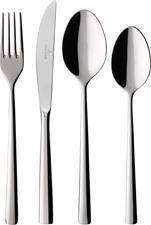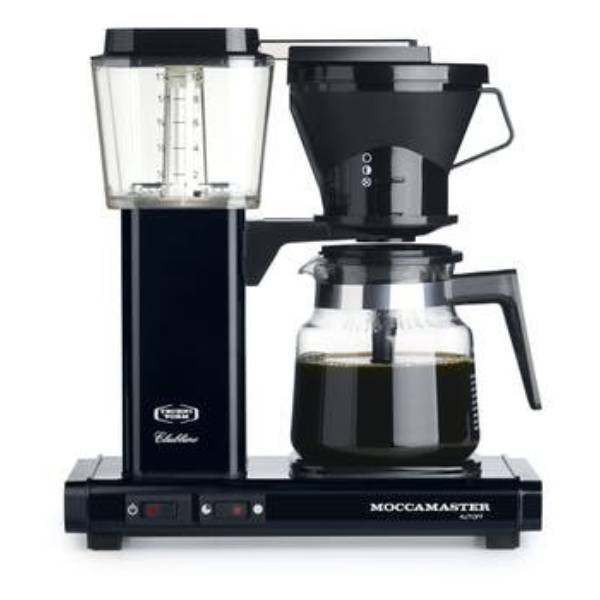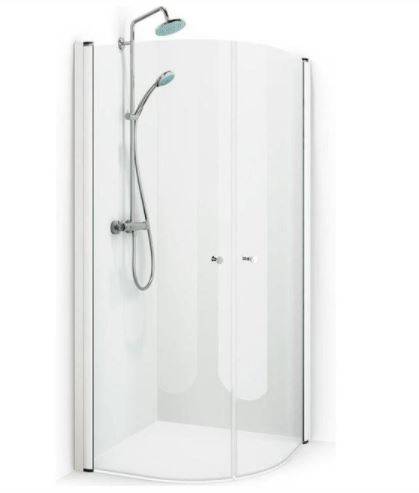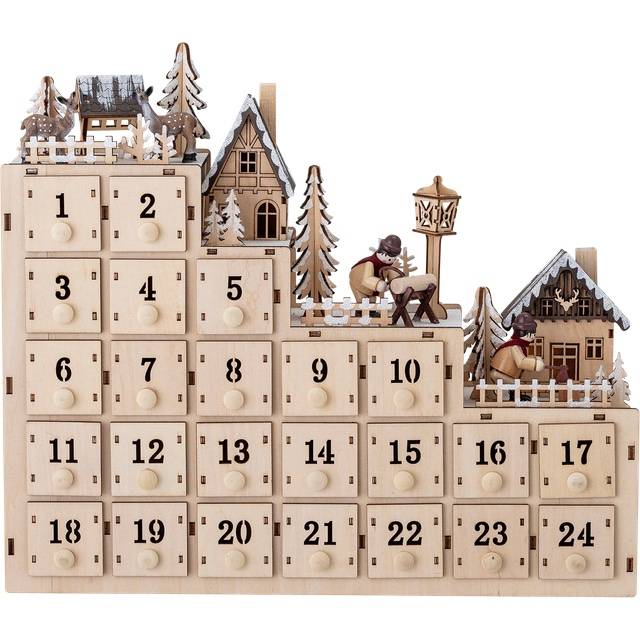Blenders
Blowtorches
Breadmakers
Coffee Grinders
Coffee Makers
Deep fryers & Airfryers
Food Cookers
Food Dehydrators
Food Mixers & Food Processors
Hand Blenders
Hand Mixers
Ice Cream Makers
Ice Makers
Juicers
Kettles
Kitchen Scales
Meat Slicers
Mincers
Mini Choppers & Spiralisers
Other Kitchen Appliances
Pasta Makers
Popcorn Makers
Sandwich Toasters
Soft Drink Makers
Toasters
Vacuum Sealers
Waffle Makers
83 products

TeamGroup T-Force Xtreem DDR5 RAM 32GB DDR5 7600MHz

TeamGroup T-Create Expert Overclocking 10L DDR5 32GB Kit

TeamGroup Arabic Style Religious Door Frame Peint
RAM Memory: 3 things to consider before buying
Before purchasing RAM Memory, it's crucial to determine your specific needs. Consider how you use your computer: Are you a gamer, a content creator, or do you simply browse the web? Gamers and designers often require higher-capacity RAM for smoother performance, while everyday users may not need as much. For instance, 8GB may suffice for casual use, but 16GB or more is ideal for gaming or video editing. By understanding your usage patterns, you can choose the right amount of RAM that meets your requirements without overspending.
Ensuring compatibility between your new RAM Memory and your existing system is essential. Check the motherboard specifications to find out the maximum RAM capacity it supports and the type of RAM it requires (such as DDR4 or DDR5). Additionally, confirm the number of slots available and whether they support dual-channel configurations for enhanced performance. For example, if your motherboard supports only DDR4 up to 32GB, buying DDR5 would be incompatible. Consulting your device's manual or manufacturer's website can provide this information.
When selecting RAM Memory, pay attention to speed and latency as these factors influence performance. RAM speed, measured in MHz, determines how quickly data can be processed. Higher speeds generally improve performance but ensure that your motherboard supports these speeds. Latency, indicated by CL (CAS Latency) numbers, reflects how fast the RAM can respond to requests; lower numbers are better. For instance, a 3200MHz CL16 RAM might offer better performance than a 2400MHz CL14 option in certain scenarios. Balancing speed and latency according to your needs can optimize overall system efficiency.
FAQ
RAM Memory is a type of computer memory that temporarily stores data needed by the CPU. It allows for quick access and processing of information, improving system performance. More RAM can enhance multitasking and speed up applications.
RAM Memory is essential for smooth computer operation. For basic tasks, 4GB may suffice. For gaming or heavy applications, 8GB to 16GB is recommended. Consider your usage and future needs when choosing the right amount.
RAM Memory includes types like DDR3, DDR4, and DDR5. Each offers varying speeds and efficiencies. DDR4 is commonly used in modern systems, while DDR5 provides improved performance for advanced computing needs.
RAM Memory is often upgradeable in most computers. Check your system's specifications to determine compatibility and maximum capacity. Upgrading can be a cost-effective way to boost performance without replacing your entire system.
RAM Memory plays a crucial role in gaming by allowing games to load quickly and run smoothly. More RAM reduces lag and improves frame rates, especially in demanding games. 8GB is typically sufficient for most games, but 16GB can future-proof your setup.
You’ve viewed 48 out of 83 products
Advertisement
Popular searches in RAM Memory
- Ddr5 ram 32gb
- G skill trident z5 neo ddr5 6000
- Ddr5 32gb 6000mhz cl30
- Corsair vengeance ddr5 64gb
- Corsair vengeance ddr4 32gb ram
- Kingston fury beast ddr5 6000 cl30
- Crucial 32gb ddr5
- 128gb ram ddr5
- Kingston fury beast 64gb ddr5
- Corsair vengeance 32gb ddr4 3600mhz
- Ddr4 64gb ram 3600mhz
- Ram ddr5 48gb
- 32gb ram ddr4
- Ddr5 96gb
- Ddr5 cl30
- 32gb ddr5 ram white
- Ddr5 6000mhz 64gb
- Ddr5 4800 sodimm
- Ddr5 32gb 5600
- Ddr5 sodimm 5600
- 32 GB - 6000 MHz - CL30 - DDR5 RAM Memory
- DDR5 RAM Memory
- 32 GB - DDR5 RAM Memory
- 32 GB - DDR4 RAM Memory
- 16 GB - DDR5 RAM Memory
- 64 GB - DDR5 RAM Memory
- 64 GB - DDR4 RAM Memory
- DDR4 RAM Memory
- 128 GB - DDR5 RAM Memory
- 64 GB RAM Memory
- 128 GB RAM Memory
- 32 GB - 6000 MHz - DDR5 RAM Memory
- DDR5 RAM Memory on sale
- 6000 MHz - CL30 - DDR5 RAM Memory
- SO-DIMM DDR5 RAM Memory
- 16 GB - 6000 MHz - DDR5 RAM Memory
- 8 GB - DDR5 RAM Memory
- 32 GB - 3600 MHz - CL16 - DDR4 RAM Memory
- 6000 MHz - DDR5 RAM Memory
- 32 GB - 3600 MHz - DDR4 RAM Memory





















































